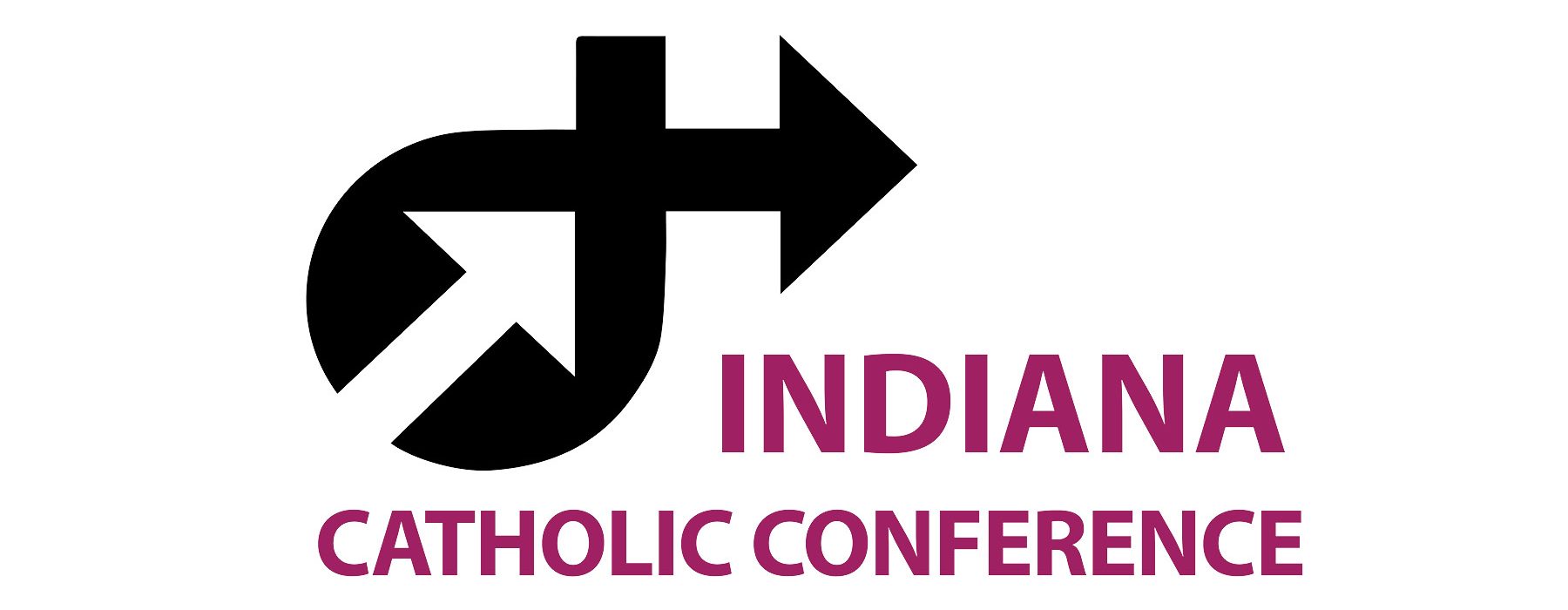February 22, 2022 // National
Environmental advocates find unfavorable climate at Statehouse
After key legislation on climate change and solar energy failed to advance at the Indiana Statehouse, Catholics concerned about the environment are renewing their efforts to shine a light on these issues.
A bipartisan bill to create a statewide climate and environmental justice task force was among those backed by the Indiana Catholic Conference and a cross-section of environmental groups. Senate Bill 255, authored by Sen. Ron Alting (R-Lafayette), would have established a 17-member committee to devise an action plan for Indiana to “systematically mitigate climate change.”
But that bill never received a committee hearing. Neither did proposed measures to protect Indiana’s waterways from coal ash, or to provide financial protections and incentives to individuals, companies and religious institutions seeking to transition to solar energy.
Supporters of the proposed legislation are experiencing a “sense of frustration as well as hope” amid these setbacks, according to Alexander Mingus, associate director of the ICC, the public policy voice of the Catholic Church in Indiana.
In remarks during a Renewable Energy Day event at the Statehouse on Jan. 12, Mingus had pointed to the number of Catholic churches, schools and religious communities statewide that had already installed solar panels or were considering it as a means of moving toward renewable energy sources.
“Part of a growing movement in the Catholic Church recognizes that going solar can actually be part of our moral responsibility,” Mingus stated during the press conference held in conjunction with the event. “We know that if we don’t have the right political environment in Indiana for solar to be financially feasible, the parishes and schools that don’t have a lot of wiggle room in their budget won’t be able to take that next step.”
Mingus explained that the Catholic Church views these issues in light of “Laudato Si’: On Care for Our Common Home,” the groundbreaking 2015 encyclical on the environment by Pope Francis. In this pivotal teaching document, Pope Francis calls for dialogue and swift action worldwide to protect the environment, curb irresponsible development, and respect God’s creation.
During his remarks at the Statehouse, Mingus spoke of the pope’s many references to the “throwaway culture” that permeates so much of society and the responsibility that all people have to combat it.
“When we look at issues of energy, if we’re using natural resources that are finite and not renewable, that is a participation in that throwaway culture,” Mingus said. “Part of our effort is to encourage and awaken the moral imagination of Catholics in our state in seeing that care for creation and using renewable energy can be part of stepping away from a throwaway culture and into a culture of life that we try to promote.”
For Caroline Nellis of Evansville, a Catholic and longtime environmental advocate, climate change in particular is “a critical respect-for-life issue.”
“(Climate change has the) ability to totally impact the lives of every human being on this planet – not just in our time but in future generations,” said Nellis, founder of the interfaith organization Tri-State Creation Care, which operates in the greater Evansville metropolitan area.
Nellis, a member of St. Boniface Parish in Evansville, points not only to “Laudato Si’” but to more recent pleas from Pope Francis to act now on important environmental priorities.
In a May 2021 letter marking the launch of the United Nations Decade on Ecosystem Restoration, the pope called on all people “to become ever more responsible stewards of creation and to restore the nature that we have been damaging and exploiting for too long.
“Otherwise, we risk destroying the very basis on which we depend,” Pope Francis continued. “We risk floods and hunger, and severe consequences for ourselves and for future generations. This is what many scientists tell us.
“We need to take care of each other, and of the weakest among us. Continuing down this path of exploitation and destruction – of humans, and of nature – is unjust and unwise. This is what a responsible conscience would tell us.”
Nellis and others are heartened by what they deem a growing grassroots movement across the state to educate and advocate for environmental issues. For example, they point to a groundswell of support for Sen. Alting’s bill by high schoolers in his district, who gathered 20,000 signatures on a petition and secured backing from dozens of organizations.
At the same time, they are lamenting the fact that key environmental legislation has once again been blocked in the General Assembly.
“I am very sorry that these bills never even had a committee hearing,” said Joe Shierling, a member of the Creation Care Commission of the Archdiocese of Indianapolis. “Senate Bill 255, for example, by Sen. Alting would have established a climate and environmental justice task force. Young people in Sen. Alting’s area helped write this bill and were very supportive. This, I feel, shows the priority that young people around the state give to climate-related concerns.”
But everyone has a role to play, added Shierling, a member of SS. Peter and Paul Cathedral Parish in Indianapolis for more than 30 years.
“I feel it is important for all Catholics and Indiana citizens to implement Pope Francis’ encyclical, ‘Laudato Si’: On Care for Our Common Home,’” he said.
Angela Espada, executive director of the ICC, echoed those thoughts and said that she and Mingus would continue to make environmental issues a priority.
“By caring for creation, we are protecting the dignity of life,” Espada said. “In order for God’s people to thrive and to survive, they must have access to clean water to drink and fresh air to breathe.”
The best news. Delivered to your inbox.
Subscribe to our mailing list today.






